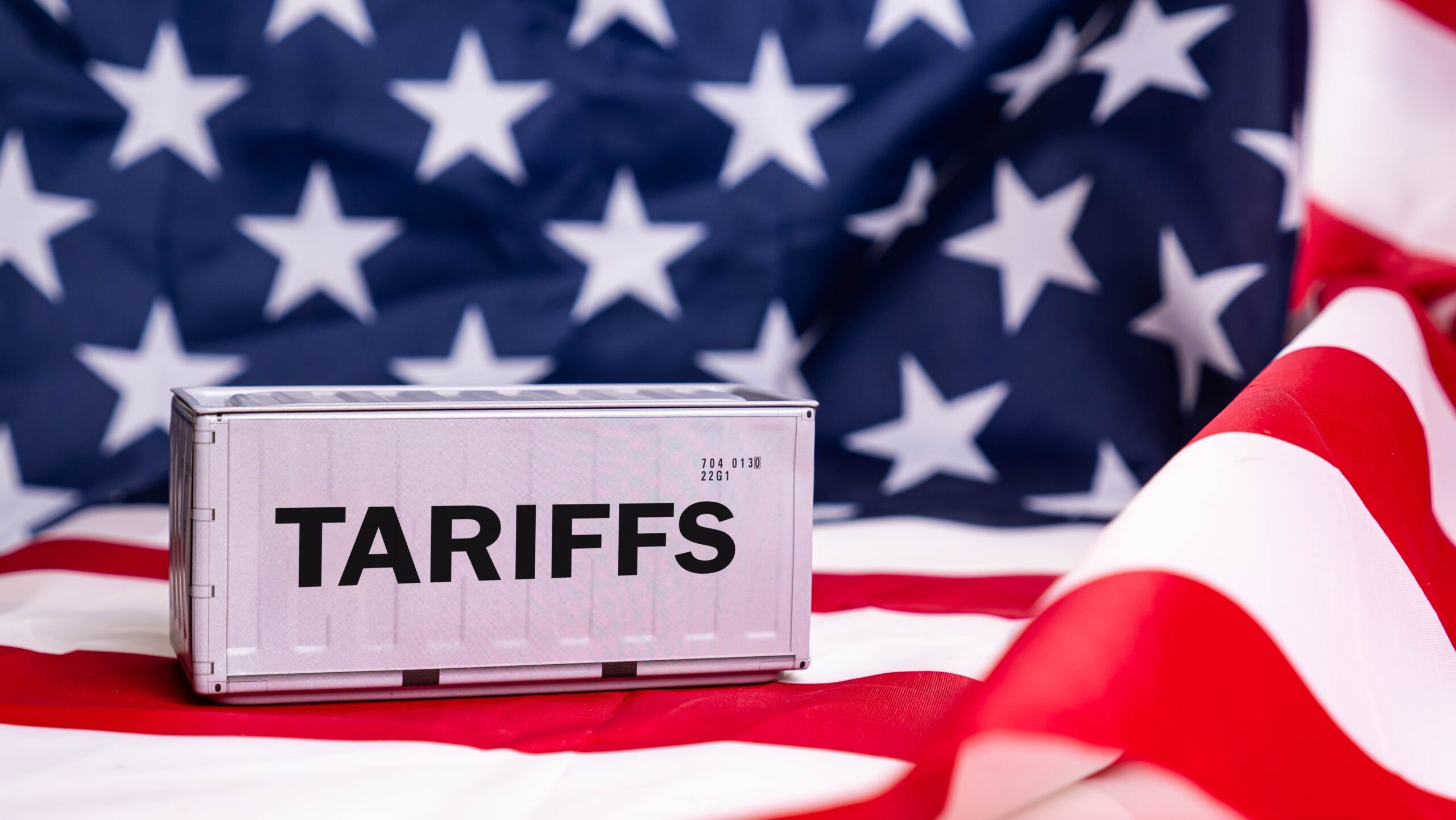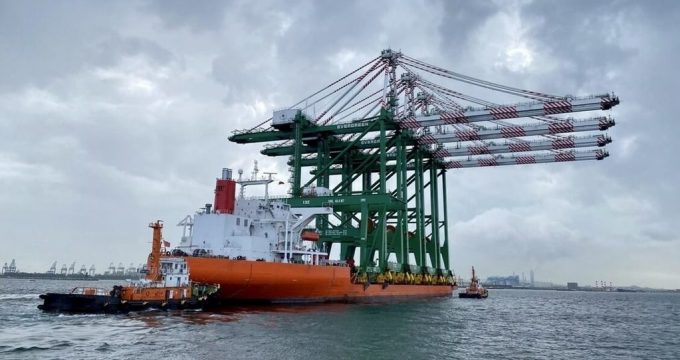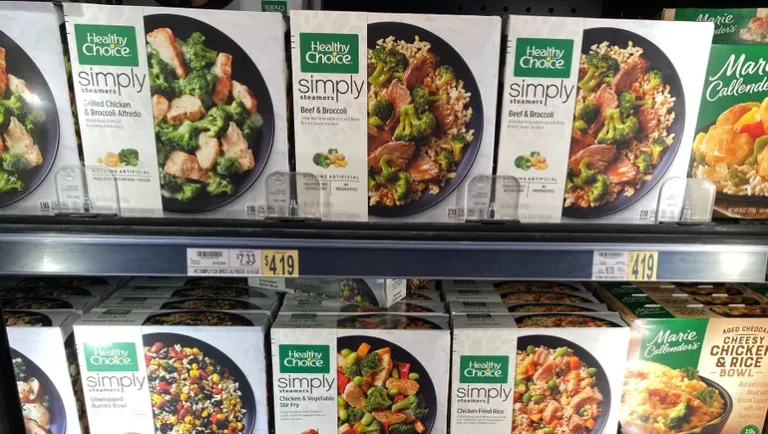
The U.S. Supreme Court faced a crucial question about presidential authority on Wednesday, as justices from across the ideological spectrum challenged the legality of President Donald Trump’s sweeping tariffs, a policy that has reshaped global trade and tested the limits of executive power.
Also Read: Solving the US Tariff Challenge – From Chaos to One-Click Transparency
Attorney General D. John Sauer, representing the Trump administration, faced intense questioning about whether Trump had exceeded his authority by invoking a 1977 emergency law to impose sweeping tariffs on nearly every U.S. trading partner. Both conservative and liberal justices were skeptical that the law — the International Emergency Economic Powers Act (IEEPA) — would grant the president such broad economic control.
At issue is whether Trump’s use of the IEEPA to justify tariffs of indefinite scope and duration constitutes an unlawful encroachment on Congress’s core powers to tax and regulate trade. Lower courts have previously ruled against the government, concluding that Trump’s broad interpretation of the law violates both the text and the intent of the law.
Executive power under supervision
“Taking taxes on Americans has always been the primary power of Congress,” said Supreme Court Chief Justice John Roberts on whether Trump’s tariff regime overstepped congressional authority. Justice Amy Cooney Barrett similarly weighed in on whether the phrase “import regulation” in the IEEPA was ever used to justify the imposition of tariffs.
Justice Elena Kagan emphasized that the power to tax and regulate commerce “has always been fundamentally legislative,” while Justice Ketanji Brown Jackson argued that Congress’s purpose in enacting IEEPA was to “limit, not expand, presidential power.”
Even conservative Justice Neil Gorsuch expressed concern that allowing Trump’s interpretation could lead to a “one-sided war toward ever-increasing power in the executive branch.”
Doctrine of main questions
The Court’s deliberations also focused on the “principal question doctrine,” which requires that any executive action with broad economic or political impact be expressly authorized by Congress. Sauer argued that the doctrine did not apply in the realm of foreign affairs, but Roberts countered that the domestic tax consequences of tariffs placed them squarely within Congress’s jurisdiction.
Neil Cattal, a representative of the Coalition of Businesses Challenging Tariffs, said it’s “simply unlikely” that Congress intends to give the president “the power to reform the entire tariff system and the American economy in the process.”
Billions at stake, trade war on the move
Since imposition, IEEPA-based tariffs have been estimated 89 billion dollars In revenue, according to data from U.S. Customs and Border Protection. The administration insists that even if the Supreme Court strikes down Trump’s use of IEEPA, the tariffs will remain under other statutory authorities.
The stakes go far beyond domestic laws. Trump’s aggressive use of tariffs has ignited a global trade war, rattled financial markets, alienated US allies, and injected instability into global supply chains. The former president has used the tariffs both as leverage in trade negotiations and as punishment for political disagreements — targeting countries from China to Canada to India.
Historically, the IEEPA has been used to freeze foreign assets or embargo hostile governments, not to levy import taxes. Critics warn that Trump’s approach, if approved, could turn the emergency powers law into a tool for unilateral economic policy.
Constitution definition test
The Supreme Court’s final ruling will have far-reaching implications for the balance of power between Congress and the presidency — and for the stability of global trade.
The court, with a conservative 6-3 majority, has sided with Trump in several emergency cases in recent months, allowing controversial policies to go forward while legal challenges continue. However, the intensity of Wednesday’s questions indicates concern about further expansion of executive powers.
A decision is expected in the coming months, although the government has asked the court to move quickly given the economic stakes.
If the justices side with Trump, future presidents could gain nearly unlimited control over trade policy through emergency declarations, potentially changing the economic regime of the United States for decades to come.


